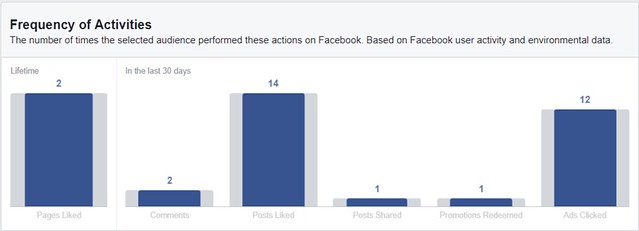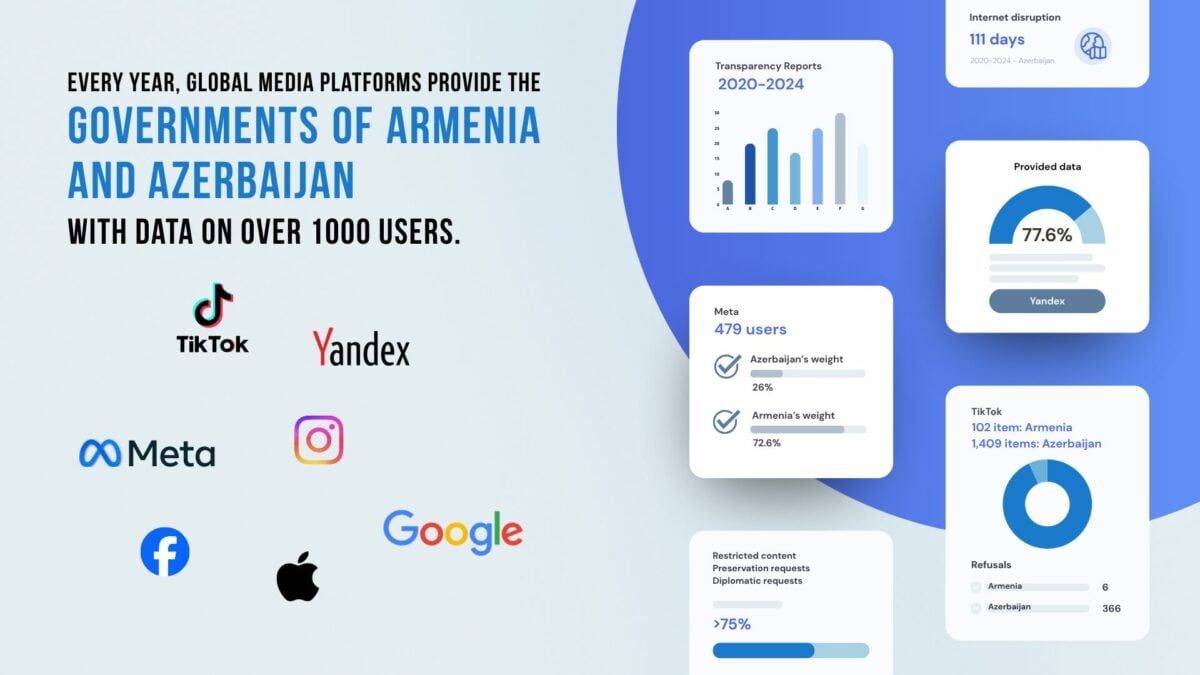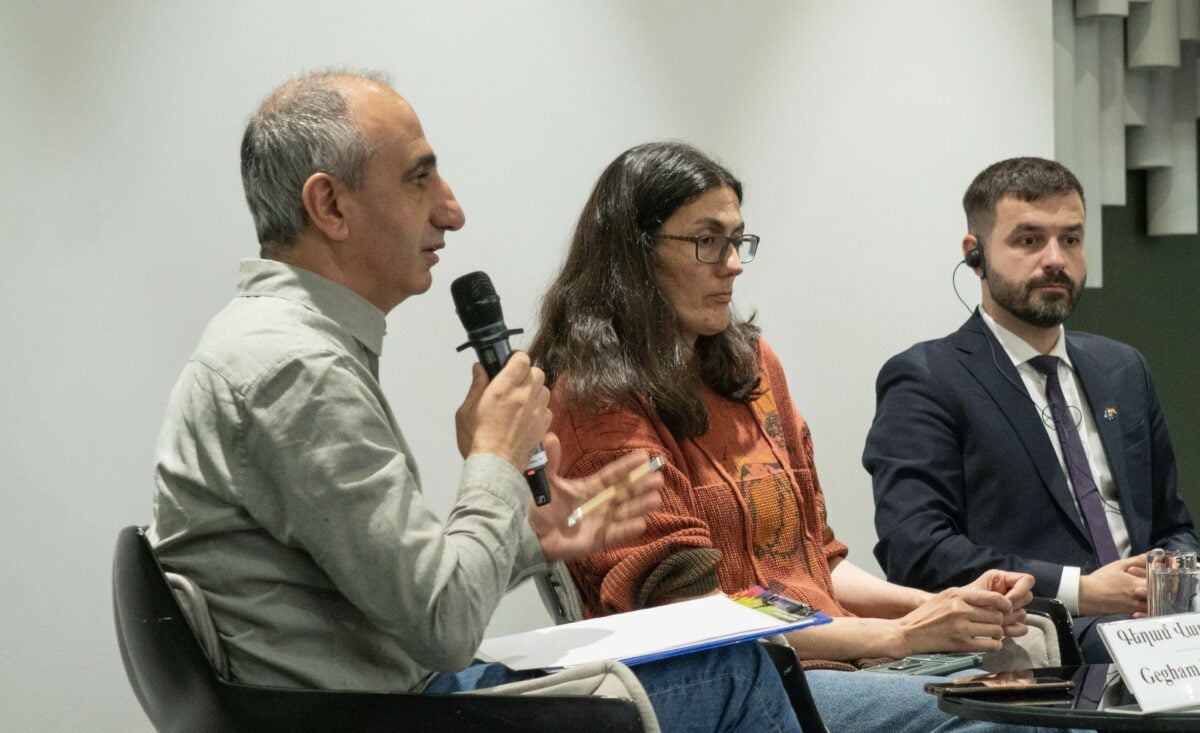There’s this Soviet-era joke: a person is admitted into the Writers’ Union and asked to list his 10 favorite books. He replies: “I’m a writer, not a reader.”
Ten years ago on the Internet, the writers’ principle still operated — the majority of online users wrote. Of course, some more, some less. Many only commented, they didn’t write their own posts, and a portion silently read. Ten years ago, when the main means of online communication were blogs, one out of ten wrote, the others commented, and the rest only read.
Compared to the Facebook era of today, it was an indescribable time. Now, about one million users from Armenia access Facebook monthly. But their main activity is almost unnoticed.
It may seem to some that really active discussions are happening on Facebook, people are sharing their thoughts. But, according to the statistics provided by Facebook itself, most users either silently read or play games. They rarely even click the “like” button.
On average, one user gets 14 likes and two comments a month. Imagine: a million people on average leave two comments in the course of a month.

If we go back not 10 but 15 years and reach the era of forums, we’ll see that it was a unique time, since a main post didn’t exist; there was ongoing discussion. And the comments conceded nothing to the main post, neither in quantity or quality.
By quality, I don’t at all intend to say that the discussions were all high-quality expert testimonies. But at that time, responding to a question with a “like” would hardly be considered a sufficient means of contact.
Later, forums were replaced by blogs, and the clear division — between posting and commenting — began.
This style also entered the forums, where the main post began to be separated from comments even at the design level.
Future developments led to social networking sites, and content-filled comments completely became a thing of the past, yielding their place to “likes” and emojis. Main posts, in turn, began to be squeezed and immersed into one paragraph.
The quantitative and qualitative transformation of posts affected not only writers, but also readers. If 10 years ago the average reader browsed and digested two webpages or posts, well today a two-paragraph text, without images, already bores most of us.
At the next stage, the writer-reader relationship reached Twitter proportions.
People began to take in only short posts; of news stories, only the headline. It’s no longer interesting to talk about content. If, of course, there’s no image or video. And for the video, it’s preferable that it be really short.
But a few days ago, I discovered that evolution hasn’t ceased. There is already the next qualitative flight.
Appearing on several Facebook pages at once was an Armenian-language post with approximately such content: “The hero who crashed the Armenian helicopter has become a father.” There was a link to a story that reported that the Azerbaijani soldier who crashed an Armenian helicopter had a child.
I don’t know why this story was published, but it was interesting that the posts had received quite a lot of “likes,” “loves,” and comments. It seemed that people no longer even read the headline.
Of the seven words [in the original Armenian], the words “Armenian,” “hero,” and “become a father” had caught their eye, and that was enough for many to reach the conclusion that some Armenian hero had had a child.
As for who is the hero, how did he become a father, or what heroic act he committed no longer interests readers. Since people stop reading even the headlines.
Of course, this refers to written content. Now visual content is on the rise, but that’s another story.
Samvel Martirosyan







